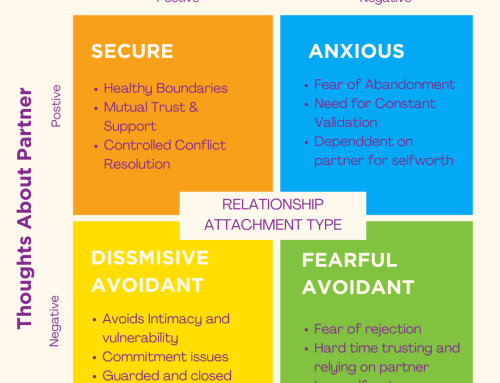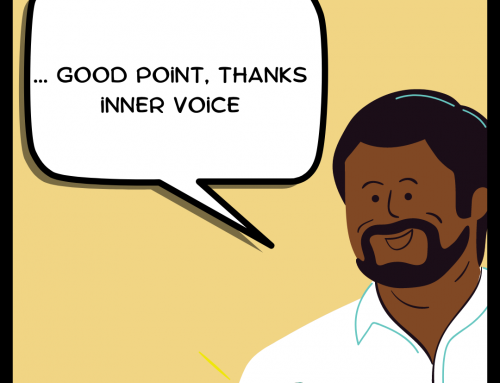How to feel less lonely or isolated
If you’ve arrived at this page because you typed in ‘lonely’, ‘loneliness’, or ‘isolation’, we’d like to say a big, warm hello from all of us at the Arts of Change Trust in Dudley. You are not on your own anymore – we’re here for you.
We all feel lonely at times, and it’s not very nice – especially if it’s for a long time and we don’t have anyone to talk to.
Firstly, you should be confident in sharing that you need some company or help to combat loneliness – 6% of us feel continuously lonely in the UK. It doesn’t discriminate – you can feel lonely as a child right up to being in your 90s. In fact, loneliness, no matter who you are, isn’t very good for you and can cause or worsen the way you feel. So the sooner you get support and start building connections, the better.
We’re pack animals – we seek companionship. So never ever be ashamed of feeling lonely. You can also feel lonely if you’re around the wrong people for you. You might need to find your tribe – people you feel happy and comfortable with.
Is isolation and loneliness bad for you?
Often connected with depression or making depression worse, loneliness and isolation can also cause stress and anxiety. You can feel a bit mentally poorly or sad, and not having a stimulating conversation can even impact your brain’s activity. You might also find that your self-esteem is lower (thinking negatively about your abilities and you as a person). Plus, isolation can make sleeping difficult – impacting the happy and optimistic hormones in your brain (serotonin).
How to feel less lonely or less isolated
It’s easier said than done when you’re trying to find a way out of isolation or loneliness, so it might take a bit of bravery and time to take a first step. But remember, even going out of your front door is a first step, so be kind to yourself.
-
- Acceptance. Accept that you are isolated and feel lonely so that you can seek ways to remedy the situation a little. It’s okay to feel lonely – the right people will help you.
- A busy place. Sometimes being in busy places like a cafe, a park, or a supermarket can be a good first step – and walking is excellent for boosting your happy hormones.
- People. If you do have people in your life – it’s good to stay connected and avoid the thought that they are too busy for you. In general, everyone is busy – but we make time for people. Try asking if you can pop around for a cuppa for 30 minutes.
- Animals. Buying or adopting an animal is a very serious commitment as you’ll have the animal for your entire life, so you need to consider if it’s right for you. However, if you have the time, money, and environment for a pet – then they can be excellent companions. Adoption centres like RSPCA can help you to understand if it’s the right decision and what type of animal would be best.
- Routine. Segmenting your day and getting a routine can help a lot with isolation and loneliness. Try putting together a schedule for your day that suits you. Always get a full 8 hours of sleep with a routine time for bed, as this calms your body and mind.
- Exercise. Try to get 4000+ steps or 30 minutes of exercise each day to boost your mental health. Be mindful of any limitations to your physical health.
- Food. Even though food can’t stop isolation or loneliness, it can worsen the way you feel if you aren’t getting enough water or nutrition. Plus, eating out once a week can be a great boost.
- Trapped. If you are isolated because someone is controlling what you can do or when you can leave a building, then get help immediately by calling 999 or Refuge on 0808 2000 247.
- Hobbies. Do you have a hobby or want to start one? There are many little charity clubs and pay-as-you-go clubs. The social media platform Facebook has many local clubs listed – or sometimes they are listed in your local newspaper.
- Know when to get urgent help. Always dial 999 if you have feelings of not wanting to be here. There is always hope and help, and things will get better for you. Samaritans are also available on 116123 if there is no immediate danger.
- Therapy/counselling. If you have low self-esteem and need to talk to a professional therapist, you can do so through your GP or by self-referring to an organisation like ours (The AoC Trust) – there are many available. Some are private (you pay from £30 per session), and some are funded for a number of sessions through the NHS. To access the free ones, you usually have to go through your doctor.
How to feel happy
If you want to know how to feel happy, it’s a good time to talk to someone like us – we’re qualified therapists. Feeling happy is about understanding why you don’t and how to move forward.
At the Arts of Change Trust in Dudley, we offer a wide range of support for loneliness and isolation. Get in touch by calling 01384 211168, email support@theaoc.org.uk or text ‘support’ to 60075.





